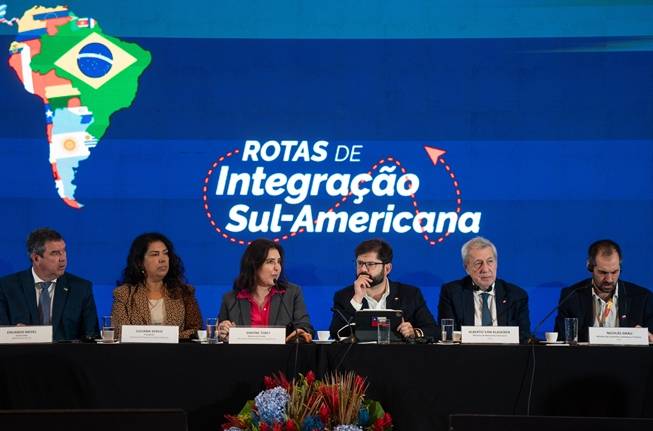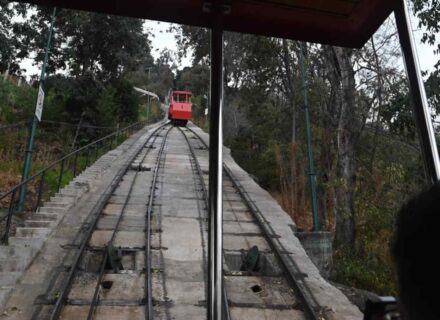The creation of the Capricorn Bioceanic Corridor is moving forward after the presidents of Chile and Brazil signed 13 key agreements on April 24, 2025. This monumental step strengthens bilateral cooperation and sets the stage for a new trade route connecting the Atlantic and Pacific Oceans through South America.
The Capricorn Bioceanic Route will link ports in the Brazilian states of São Paulo, Paraná, and Santa Catarina with the Chilean ports of Iquique, Mejillones, and Antofagasta. The infrastructure works are scheduled to be completed by 2026, within the current mandate of Brazilian President Luiz Inácio Lula da Silva.
During President Gabriel Boric’s official visit to Brazil, the leaders discussed regional integration strategies with a special focus on the newly named Bioceanic Route of Capricorn. Named after the Tropic of Capricorn, this corridor represents a vital economic bridge between Brazil, Chile, and beyond.
President Lula da Silva stressed the transformative potential of the project, declaring, “Our relationship will never be the same again.” He emphasized the urgency of overcoming regional isolation, which he believes has historically hindered development in South America. “We must realize that when isolated, we are weak. We were not born to live another 500 years in poverty,” Lula affirmed.
The Capricorn Bioceanic Corridor is designed to significantly enhance trade efficiency by providing a faster, more direct route between Brazilian producers and Asian markets such as China. Additionally, the corridor will enable the export of minerals from the Argentine provinces of Salta, Jujuy, and Catamarca, leveraging Chile’s strategic Pacific ports.
This new trade route is expected to reduce transportation costs, improve delivery times, and create more competitive conditions for South American exports. As a result, it will play a crucial role in boosting economic growth across multiple sectors.
Beyond infrastructure, the agreements signed reflect the strong economic ties between Chile and Brazil. Brazil remains the leading destination for Chilean foreign investment, while Brazilian companies are deeply involved in Chile’s vital sectors, including energy and mining. The Brazil Chile trade route stands as a clear example of how closer cooperation can generate mutual benefits.
The ports of Iquique, Mejillones, and Antofagasta are set to become key hubs in this transcontinental logistics network. Their modernization and integration into the Bioceanic Route of Capricorn will further solidify Chile’s role as a gateway to the Pacific and offer new opportunities for regional development.
As the project progresses, the Capricorn Bioceanic Corridor symbolizes a new era of South America integration, based on connectivity, collaboration, and shared prosperity. This corridor is not just about roads and ports; it represents the collective ambition of a region ready to redefine its place in the global economy.



